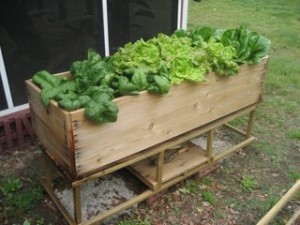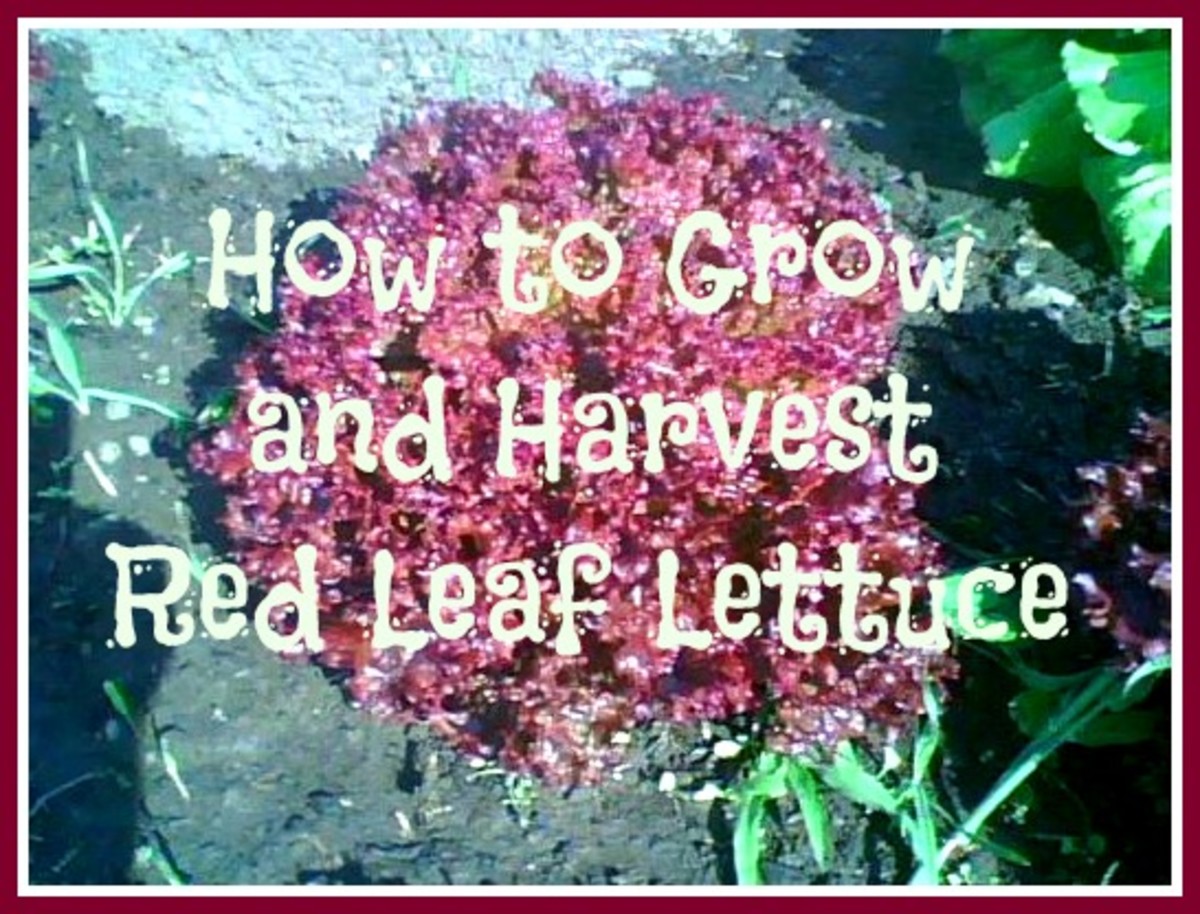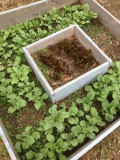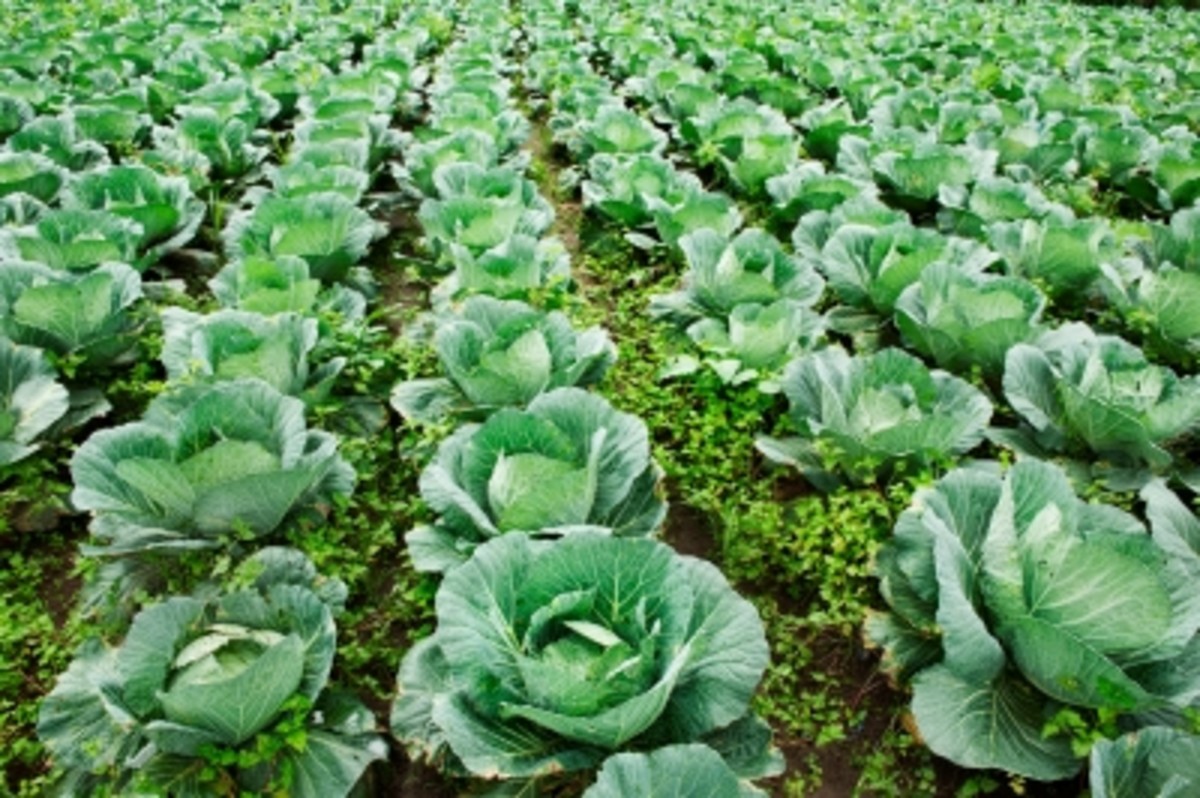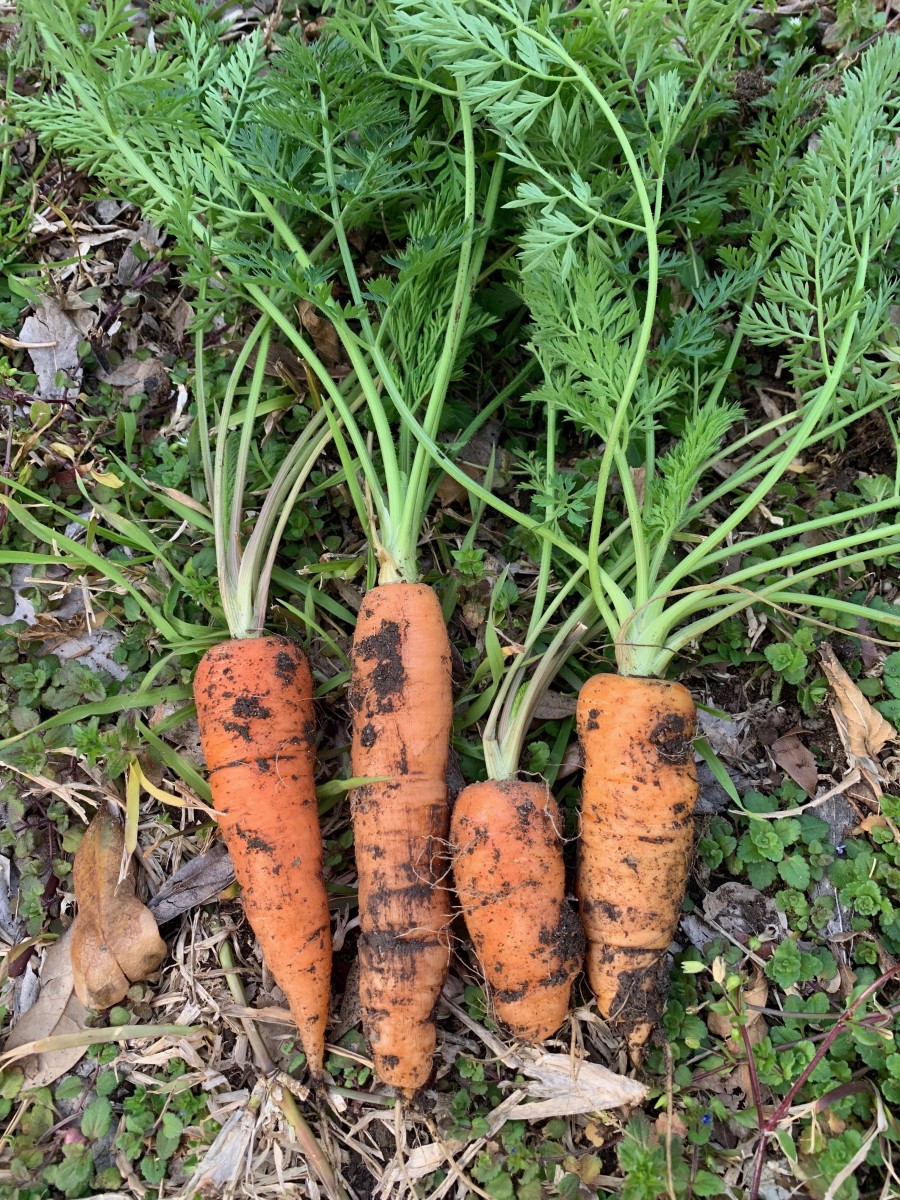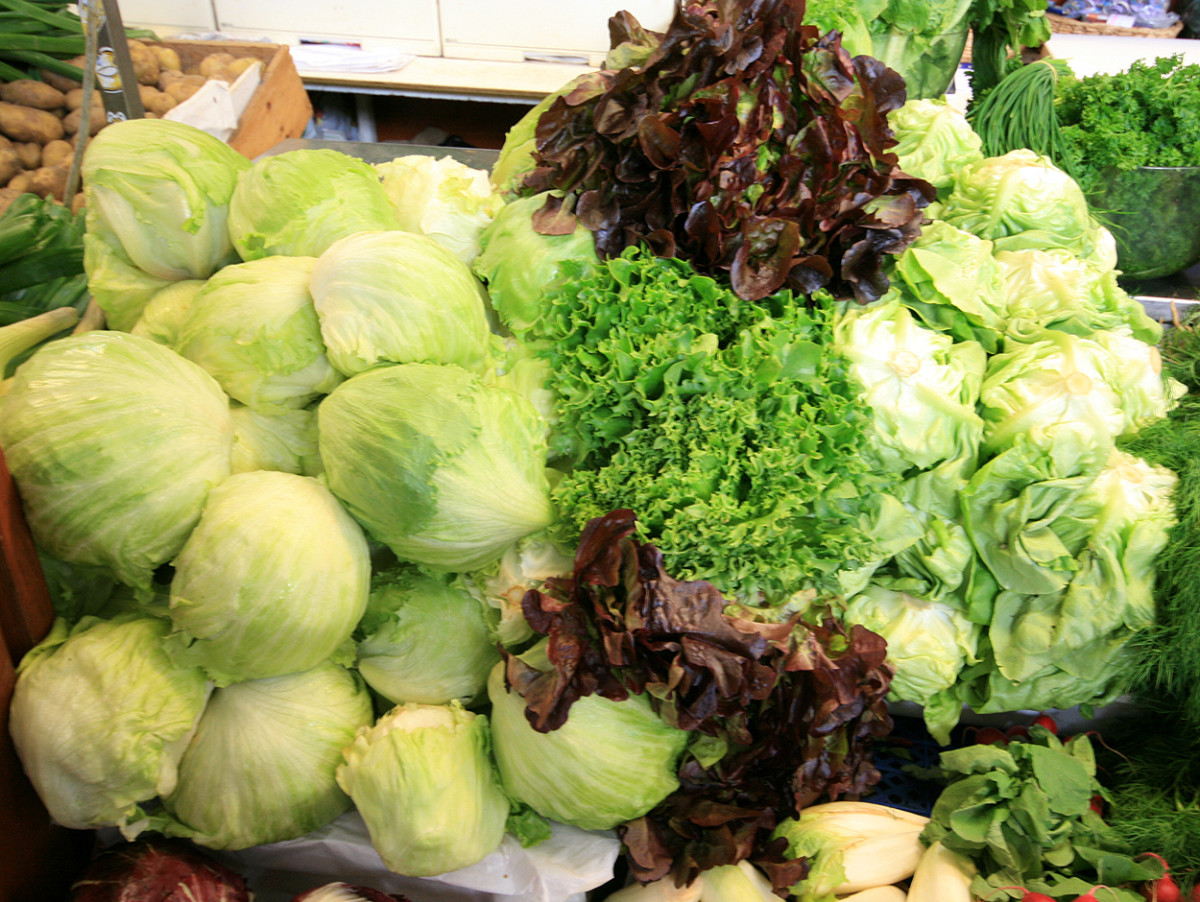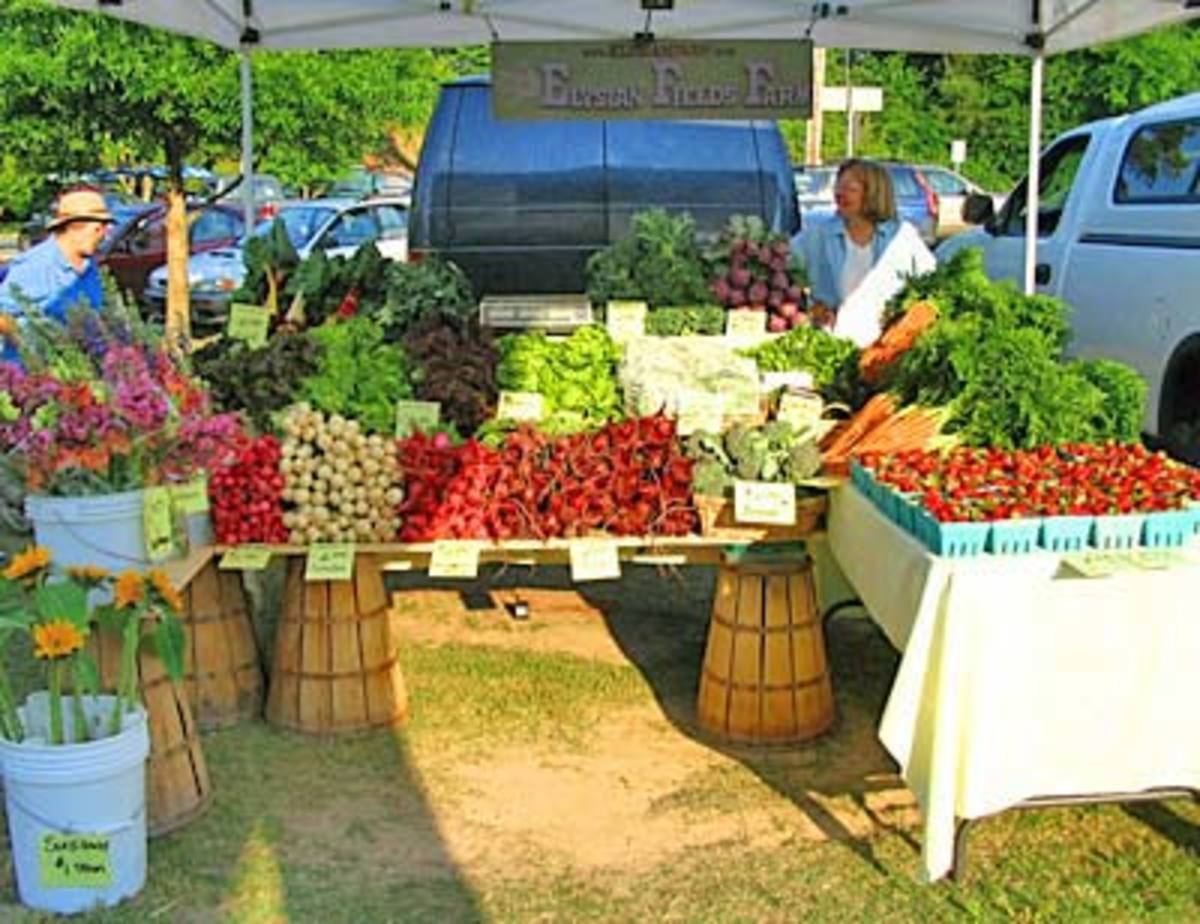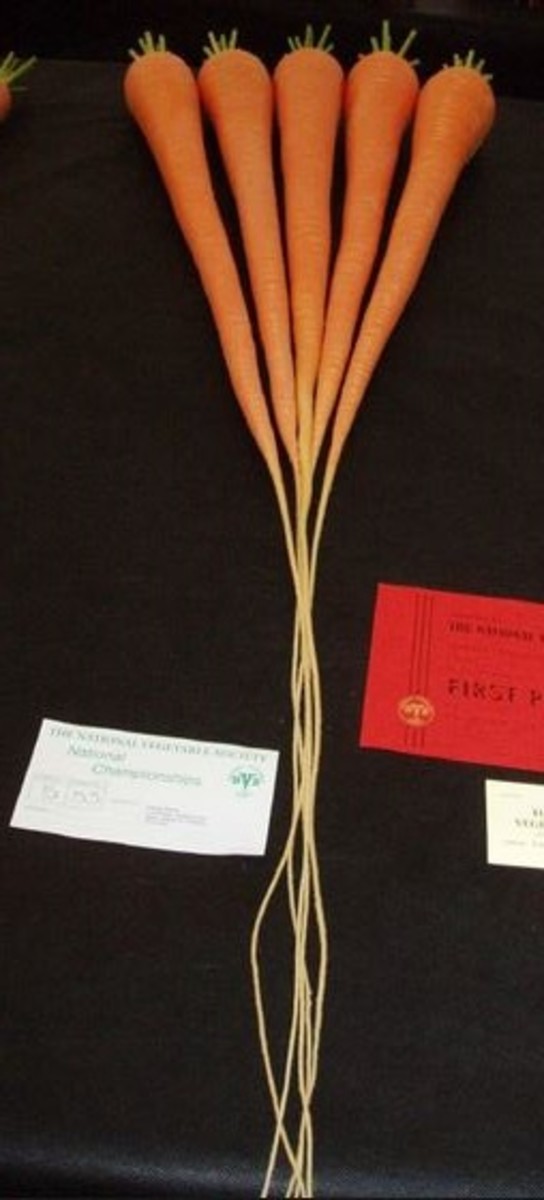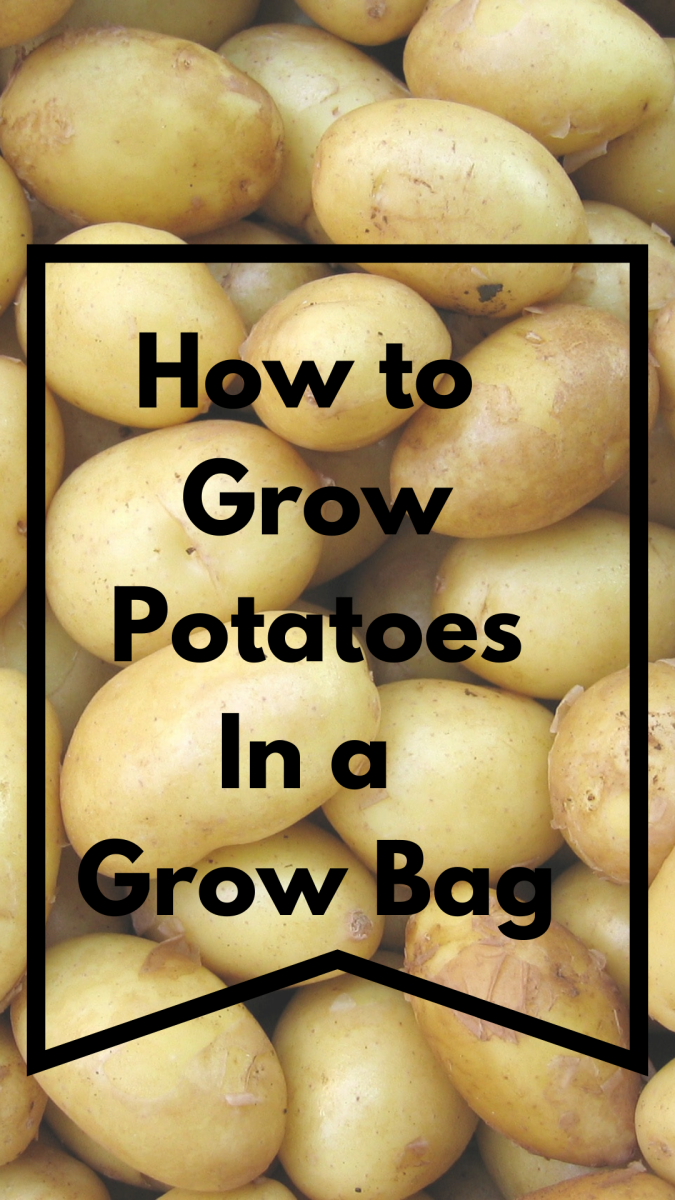Growing Backyard Lettuce- What a Re-Leaf!
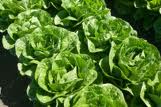
Personally, the greens were my favorite part of dinnertime as a kid. My Mom would open up a store-bought bag of green leaf lettuce to eat with dinner and I would douse it with Ranch dressing and go to town. I love the combination of soft, fresh greens with tasty toppings. And its no wonder I love the stuff; green leafy veggies offer profound health benefits. But as it turns out lettuce from most grocery stores tends to be covered in pesticides like most mass-produced food. If you've joined or are planning to join the grow-it-yourself movement lettuce should top your list of things to grow.
What is so great about growing lettuce, you ask? To start, it can produce a seemingly infinite amount of nutritious food if grown the right way. Leaf lettuce in particular, as opposed to head lettuce, regenerates the leaves that you pick off of it, making it continuously productive. The variety called Black Seeded Simpson starts producing edible leaves within weeks of sowing the seeds and doesn't stop for months. But the ease of growing lettuce is just the beginning. The health benefits are extraordinary, especially when it comes to the darker varieties.
While not quite as productive, darker varieties such as Kale and Spinach are uber-beneficial because they offer superb nutritional benefits and taste great fresh. Kale is a dense, hearty green that is PACKED with amazing healthful components. Seriously, no one talks about it, but this is a super food if there ever was one. Some of the amazing substances found in Kale include substantial amounts of Omega-3 Fatty Acids, dozens of Cancer-fighting antioxidants, Vitamin K, Vitamin C, Potassium, Calcium, Fiber, and much much more. Investigations into the benefits of Kale have shown that it is beneficial in preventing and sometimes even treating breast cancer, ovarian cancer, colon cancer, bladder cancer, and prostate cancer. The variety I am growing is called curly kale and has an interesting, slightly bitter and peppery taste. I eat it fresh in salads mixed in with red and leaf lettuce, but can be mixed into any hot dish and cooking it can activate some of its health benefits.
Spinach has traditionally received fair credit for its health benefits. It is a great vegetable to have in your garden, especially for fertile women or vegetarians, because it is one of the most iron-rich foods out there. You won't quite achieve the giant muscles that Popeye grows, but the TV show had a good point. Indeed, the vegetable is filled with amazing components including high amounts of protein, Vitamin A, Vitamin C, Calcium, Potassium, Vitamin B6, numerous antioxidants, and many other illness-fighting substances.
General Guidelines for Growing Lettuce
Lettuce is generally a cold crop. Starting seeds too late in the season may lead to a bolting plant. This is especially important if you live in a warm, dry area like I do because the wrong kind of weather pattern can alter its taste and production. Bolting occurs as a reaction to heat. The lettuce will begin to reduce its leaf size, turn bitter, and "bolt" straight up. Thats why it's a good move to start lettuce in late summer, so you will have a productive crop throughout the cold season. If you live in a colder place, keep in mind that lettuce can survive mild frosts but not extreme frosts. You'll want to perhaps start it after the risk of frost.
Begin by enriching and working the soil if necessary, particularly if your soil is clay-like or poor in nutrients. Make sure drainage is sufficient. Most lettuce likes to be scattered or planted in rows, then thinned to 6 inches apart. The varieties will vary as far as how they are best planted because some varieties will want more room to spread their leaves more, while others (like Bibb lettuce and other head lettuces) will be compact.
Join the Movement
Access to healthy fruits and vegetables should be fundamental to human well-being in a successful society, and yet most Americans lack this access. In a world of mass agricultural production, pesticides are necessary simply because the mass scale prevents control of the ecosystem. Studies have shown that vegetables grown on a smaller scale--on small farms or in backyards--are easier to regulate and control. Chemicals simply aren't necessary on a smaller scale. There's never been a need for pesticides in my garden. The garden is perfectly balanced, with various vegetables grown close together that naturally assist and protect each other. It is a system that was relied upon for thousands of years until corporations started convincing people they didn't need to grow their own food anymore.
You might have some yard space that is filled with grass right now, and you might think that you don't have much choice in how you use your earth. Rather than mow your grass this Saturday, use that time to plant a garden instead. Join the Grow-It-Yourself movement and cut up that useless grass, toss some seeds in it, and let nature do the rest. You will be a healthier and more empowered individual by taking this simple step. It is simply human.
